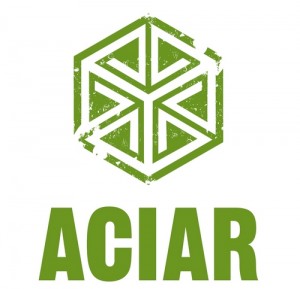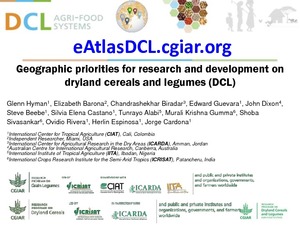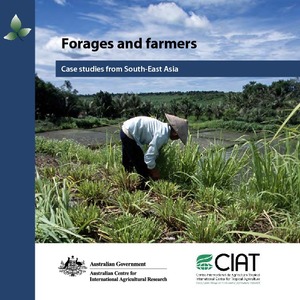Location
The Australian Centre for International Agricultural Research (ACIAR) invests in applied research to improve agricultural productivity and sustainability and food system resilience in developing countries.
ACIAR is an Australian Government statutory authority within the Foreign Affairs portfolio and is Australia’s specialist international agricultural research for development (R4D) agency.
We work primarily with countries of the Indo-Pacific region through bilateral and multilateral research partnerships. The beneficiaries of these programs include farmers, rural poor, consumers, researchers and policymakers.
Many studies around the world over many years have consistently shown that improving farming systems and food security in developing countries delivers enormous social, economic and environmental benefits, and reduces threats to wider political stability and global security.
Conservative reviews of ACIAR’s return on investment—including those estimated benefits to Australia—were estimated in 2012 present value terms to be $1,164m.
From little things, big things grow: ACIAR’s funded research with the then WA Department of Conservation and Land Management from 1987 to 1995 in Indonesia and Australia formed the foundation of the current sandalwood industry in the Ord River irrigation area of the Kimberly is estimated to have delivered a $936 million benefit.
Australian farmers, agribusinesses and researchers also benefit tangibly through, for example, knowledge and technology exchange, preventing or solving problems before they reach Australia, and building linkages that can foster future trade relationships.
We work in developing countries in four regions:
- Papua New Guinea and Pacific Island countries
- East Asia
- South and West Asia
- Eastern and Southern Africa.
We also work multilaterally through our investment in International Agricultural Research Centres.
Members:
Resources
Displaying 1 - 5 of 7Trajectories of rice-based farming systems in mainland Southeast Asia
This review has drawn on published research and the collective insights of a small team of experienced researchers to identify important trajectories in rice-based farming systems and to draw out the implications for agricultural research as a basis for discussion within ACIAR and the broader research community working on smallholder rice-based farming systems in MSEA.
Trajectories of rice-farming households in mainland Southeast Asia
The preceding chapter has demonstrated at the macro-level the importance of agricultural and economic growth for the significant reduction in rural poverty in MSEA that has occurred in recent decades. In this chapter we aim to identify and explain the major trends and trajectories of rice-farming households in the region within this macroeconomic context. We also present a typology of rice-farming households that takes account of the dynamic and diverse nature of rice-based farming systems.






